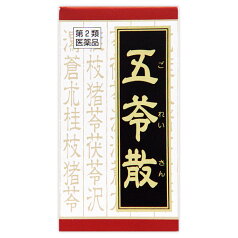(n) Five Dynasties and Ten Kingdoms (in Chinese history)
(n) (Buddh) five great wisdom kings (Acala, Kundali, Trilokavijaya, Vajrayaksa, Yamantaka)
(n) conjugation (inflection, declension) of godan verbs
(n) godan verb (one of the two main conjugation classes of verbs in modern Japanese, usually ending in -u, -ku, -su, -tsu, -gu, -bu, -mu, etc.)
type I verb
(n) (Buddh) five dhyani buddhas
five wisdom buddhas
(n) Way of the Five Pecks of Rice (ancient Chinese Daoist movement later known as The Way of the Celestial Masters)
(n) (obsc) gall wasp (any insect of family Cynipidae)
(n) 500 yen coin
(n) seasonable rains and winds
halcyon weather
halcyon times of peace
(n) one fifth part
(n) close haircut
(n,adj-no) as likely as not
50-50
even match
tie
(n) half-florescent
(n) killing by inches
(n-adv,n-t) four days from now (five days in some places)
(n) sushi with several ingredients mixed in or sprinkled on top
(n) gobang (game played on go board involving lining up stones)
(n) (obsc) Japanese white pine (Pinus parviflora)
(n) totally at a loss
lose one's bearings
in a maze
in a fog
all at sea
up in the air
mystified
bewildered
(n) the five Confucian filial-piety relationships
(n) five-story pagoda
(n) olympic congress
(n) Olympic torch
(n) Olympic Games
(adv) in groups of twos and threes
in small groups
(n) Three Sovereigns and Five Emperors (mythological rulers of ancient China)
(adv) in groups of twos and threes
in small groups
(n) the (one's) whole body
(n,vs) rounding half up (i.e. fractions)
(P)
(n) the Four Books and Five Classics of Confucianism
the Nine Chinese Classics



